“Writing” is sometimes a word we hear and associate with dread. The phrases “please write a 10 page essay,” or “please submit this 15 page brief by Tuesday,” do not always bring out joy in people. Other people enjoy writing. They like to journal or note the highlights of the day. Regardless, writing can also be an incredibly useful tool for self-healing, specifically expressive writing.
Many of us are familiar with the term “stream of consciousness.” It refers to our internal monologue. It is not always coherent thoughts. It is the little bursts of ideas that run through our head all day, every day. Unfortunately, our jumble of a mind does not always speak to us in positive ways. The truth of the matter is that we are not always kind to ourselves. In fact, sometimes we are our own harshest critics. These thoughts in our head are so abstract and vague. When we commit something to paper through expressive writing, we give ourselves the power to change our language and frame our thoughts. So what is expressive writing? It is a scientifically proven writing technique that can help reduce stress and improve health outcomes. Keep reading to find out the details on how to implement this quick and easy technique that serves as an essential adjunct to the coaching we do here at Adaptive Edge Coaching.
Expressive Writing vs. Journaling
Journaling can be about absolutely anything. You could journal your thoughts, a to-do list for the day, or some work drama you overheard in the office. Journaling is vague and unstructured. The difference between journaling and expressive writing is that expressive writing has shown proven scientific benefits for reducing stress and healing from trauma. Pennebaker and colleagues designed a study to have two groups of students engage in a 15-20 minute writing task for four days. One group of students wrote about a personal trauma that occurred in their life and the other group of students wrote about something irrelevant. The study found that the students who wrote about the personal trauma had better long-term health outcomes and improved feelings about their personal health.
Expressive writing has a method and specific protocol. There are three different steps.
- The first and second days, you are encouraged to write about a personal traumatic experience solely in terms of your emotions about the situation. This is less about stating the facts of the situation but more about how it made you feel.
- On the third day, you write about the situation from another perspective. If it was a childhood trauma, you can write about it as you were a child. If it was more recent, you can write about it as a third party.
- On the fourth day, you write the story that reflects how you want to tell it in the future. This system helps you to process situations you did not think you were capable of recovering from.
The Benefits of Expressive Writing
What are the benefits of expressive writing on emotional well-being? Why should someone engage in this practice? A really critical component of this process is the ability to make the abstract concrete. You can edit your story, and research has shown that positive words can change people’s moods. Language has a physical effect on our body and emotional well-being.
With concrete awareness of the story, we can edit it and choose specific words to describe our story that promote healing. It is important to remember that you cannot change any event that occurred or your emotions at that time but you can change the language of how you describe something or how you feel about it now. Expressive writing has been proven to have a variety of health benefits including reducing stress, alleviating the symptoms of depression or post traumatic stress disorder, and better overall health.
This practice can be applied to a variety of different situations. It could be that you are having an incredibly difficult time with your romantic partner and have issues that you need to sort out. You could be suffering from depression. You could be dealing with a chronic illness. This technique has broad applications to any type of trauma you are undergoing or have undergone in the past.
Transactional writing is another form of expressive writing. You write letters to another person that you do not send to them. You would first write a compassionate letter to whoever underwent the trauma, then forgive the person who harmed you, next you would forgive yourself, and finally, you would express gratitude. This is a great way to process trauma that involves another person. This can teach you how to heal and validate your own feelings. At Adaptive Edge Coaching we support people in making life changes and meeting goals of career performance, healing, and interpersonal communication. Expressive writing, understanding of the nervous system, and how we can control it with breath, are essential components to master before entering into a deep life change. If you liked this content, feel free to check out our other blogs or contact greg@adaptiveedgecoaching.com for a free initial consultation.

